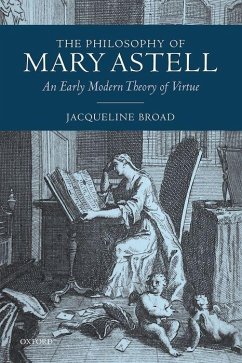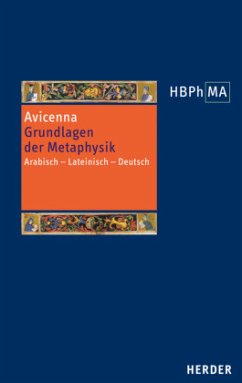
Virtue Ethics for Women 1250-1500

PAYBACK Punkte
52 °P sammeln!
This book examines the virtues and the way women were represented and represented themselves as capable of exercising virtue in the late medieval and early renaissance period. It reveals the complexity and diversity of medieval attitudes to female virtue.
This book locates Christine de Pizan's argument that women are virtuous members of the political community within the context of earlier discussions of the relative virtues of men and women. It is the first to explore how women were represented and addressed within medieval discussions of the virtues. It introduces readers to the little studied Speculum Dominarum (Mirror of Ladies), a mirror for a princess, compiled for Jeanne of Navarre, which circulated in the courtly milieu that nurtured Christine. Throwing new light on the way in which Medieval women understood the virtues, and were represented by others as virtuous subjects, it positions the ethical ideas of Anne of France, Laura Cereta, Marguerite of Navarre and the Dames de la Roche within an evolving discourse on the virtues that is marked by the transition from Medieval to Renaissance thought.
Virtue Ethics for Women 1250-1500 will be of interest to those studying virtue ethics, the history of women's ideas and Medieval and Renaissance thought in general.
Virtue Ethics for Women 1250-1500 will be of interest to those studying virtue ethics, the history of women's ideas and Medieval and Renaissance thought in general.














